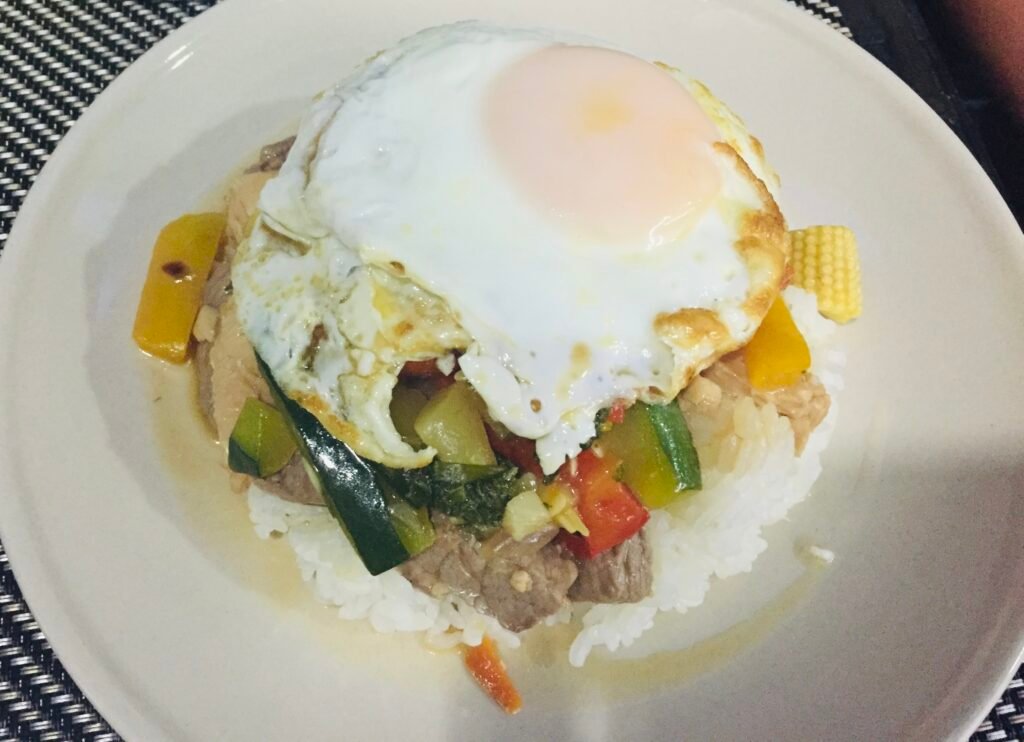Mauritius, located in the Indian Ocean to the east of Madagascar, is a paradise destination that attracts visitors for its pristine beaches, biodiversity and cultural richness. The island was successively colonized by the Dutch, the French and the British, before obtaining its independence in 1968. This historical mix has shaped modern Mauritian culture, which is a mixture of Indian, African, European and Chinese influences. . The most spoken languages are Mauritian Creole, French and English. Mauritian society celebrates a multitude of religious and cultural holidays, such as Diwali , Spring Festival and Thaipoosam Cavadee , which reflect the ethnic diversity of the island.
The Mauritian lifestyle, although modern, remains strongly rooted in its traditions, with bustling markets, colorful festivals, and a growing arts scene, particularly Sega , the island's traditional dance.
Traditional Gastronomy and Gluten Free Options
Mauritian cuisine is a reflection of its multicultural history, with Indian, Creole, African, Chinese and French influences. It is rich in spicy and varied flavors, with generous use of seafood, vegetables and rice. Fortunately for those following a gluten-free diet, many Mauritian dishes are naturally gluten-free or can be easily adapted.
Here are some typical dishes from Mauritius that are naturally gluten-free:
- Fish curry : A fresh fish curry, prepared with spices such as turmeric, ginger and coconut milk, often served with basmati rice.
- Rougaille : This spicy tomato stew, often accompanied by fish or meat, is a Mauritian specialty and is naturally gluten-free.
- Vindaye : A spicy dish made from fish marinated in vinegar and spices such as turmeric and mustard, served with rice or vegetables.
- Ourite salad : A light and refreshing salad made with octopus, lemon, onions and spices, a specialty of the Mauritian coasts.
These dishes highlight local ingredients and are perfect for people wishing to discover Mauritian cuisine while following a gluten-free diet.
The Must-See Things to Visit in Mauritius
Mauritius is a true natural gem, with its white sandy beaches, green mountains and blue lagoons. Here are some must-see sites to explore during your visit:
- Le Morne Brabant : Listed as a UNESCO world heritage site, this summit offers breathtaking panoramas of the island and the Indian Ocean. An emblematic place in the history of escaped slaves, it is today a symbol of freedom and resistance.
- Pamplemousses Botanical Garden : This famous garden is home to a vast collection of tropical plants, including giant water lilies and many varieties of palm trees.
- Île aux Cerfs : Located off the east coast of Mauritius, this island paradise is known for its stunning beaches and crystal clear waters, ideal for swimming, diving or water sports.
- Lands of the Seven Colors in Chamarel : A unique geological phenomenon, where sand dunes of different shades (red, purple, blue, yellow) offer a surreal and colorful landscape.
These sites show the and cultural diversity of Mauritius, between idyllic beaches and historical heritage.


